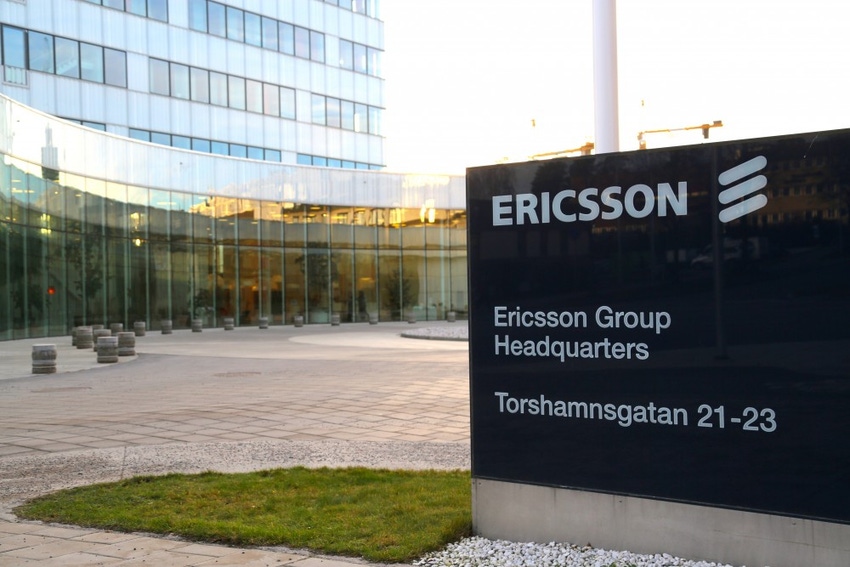Ericsson has reportedly hired Morgan Stanley and Goldman Sachs in an effort to get rid of its draining media business units.
June 21, 2017

Ericsson has reportedly hired Morgan Stanley and Goldman Sachs in an effort to get rid of its draining media business units.
It’s a move which has been on the cards for quite a while, CEO Börje Ekholm indicated this was a possibility back in March, but process has faltered in recent months. According to Bloomberg’s sources, the two banks have been hired to explore the possibility of a sale, with Morgan Stanley focusing on the media solutions assets and Goldman Sachs on broadcast and media services unit.
When talk of the exit first emerged back in March, it was largely seen as a positive move for the business. In prior years, Ericsson had fought against dwindling profits through diversification, which largely proved to be unsuccessful. The new units, notably media and cloud hardware, underperformed and potentially distracted executives from nailing the core business, and addressing the mounting challenge from Huawei.
It’s a common cause for concern in businesses looking to diversify. Are you doing it to bolster the prospects of the business, or chasing lost profits? One is supported by an effective cash cow, offering freedom, the second is a needs must, mounting the pressure on new avenues. Should the first fail, it would be viewed as a ‘better luck next time’ scenario, if it’s the second, heads will roll. Generally there are few businesses which are successful at diversification as a result of market pressure, as opposed to being a proactive choice.
The poor performance of Ericsson in recent years prompted the resignation of former CEO Hans Vestberg, though signs of a turnaround in Nordic competitor Nokia would not have been welcomed either.
As Ericsson elected the diversification route, Nokia took on the Huawei challenge through streamlining. In the last few years, Nokia has got rid of non-core, or underperforming, business units which were distracting the core network infrastructure business. HERE was sold to a consortium of automotive companies for €2.55 billion in 2015, while it got rid of luxury mobile brand Vertu in 2012 and the rest of its Devices & Services business to Microsoft a year later for €5.44 billion.
With the interferences removed, Alcatel Lucent was brought into the mix in a €15.6 billion deal. It met the challenge by doubling down on its core business, while also building a more complimentary software business. The two approaches are pretty much complete opposites, but only one is working so far.
Now you shouldn’t get too excited just yet, as these are just rumours; turning the Ericsson super-tanker is going to take a while, but the recent sale of its small power modules business to Flex is a positive sign. It’s an indication of a potential refocus back onto the core business, but this is by no-means a guarantee.
So after a couple of months of posturing, redundant rhetoric, continuous restructuring and disappointing announcements, Ericsson might be doing something useful. Neat, huh?
About the Author(s)
You May Also Like








.png?width=300&auto=webp&quality=80&disable=upscale)


_1.jpg?width=300&auto=webp&quality=80&disable=upscale)


.png?width=800&auto=webp&quality=80&disable=upscale)